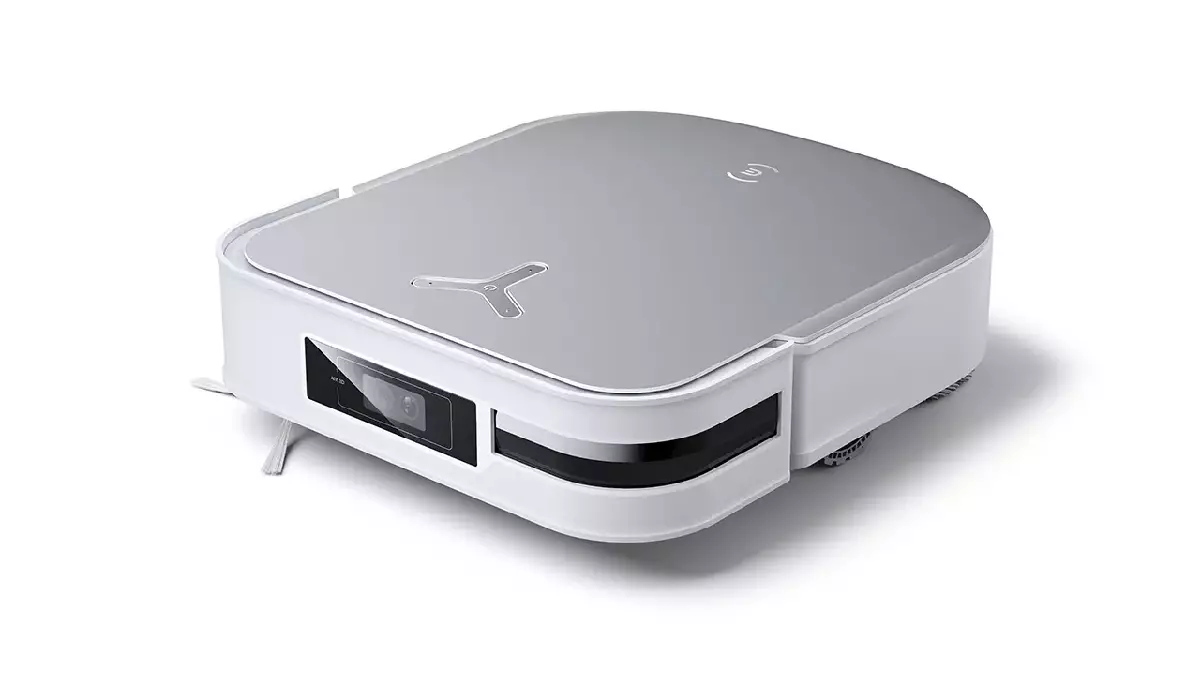In today’s rapidly advancing technological landscape, smart home devices have become an integral part of our lives. From controlling the thermostat to adjusting lights remotely, these gadgets promise comfort and convenience. However, as we increasingly rely on devices like robotic vacuum cleaners, we should critically assess the security implications that accompany them. Recent incidents have exposed shocking vulnerabilities in these seemingly innocuous devices, showcasing a grim reality many users might not have considered.
The unsettling experiences of Minnesota lawyer Daniel Swenson starkly illustrate the dangers associated with connected devices. Swenson’s Ecovacs Deebot X2 smart vacuum behaved inappropriately, spewing a barrage of racial slurs—quite a contrasting image from the helpful, automated assistant it was designed to be. This alarming incident, among others reported, raises questions about how deeply individuals trust technology to integrate seamlessly into their lives. Swenson’s only recourse was to isolate the device in his garage, a decision driven by both fear and disbelief.
Continued reports from various users reveal that Swenson’s experience is not isolated. An El Paso resident and a homeowner in Los Angeles shared stories of similar breaches of privacy and security. The incidents indicate a troubling trend: robotic vacuum cleaners are not just tools for maintaining cleanliness—they can also turn into unwitting mouthpieces for malign behavior, leading to feelings of violation among users. This event has ignited conversations about the implications of insecurities embedded in devices that are often taken for granted.
The underlying issue with devices like the Ecovacs robovacuum lies in their security vulnerabilities. Reports reveal that security researchers highlighted these flaws to Ecovacs as early as December 2023. However, the subsequent lack of communication to affected users exacerbated their vulnerability. Despite the company’s efforts to downplay the situation, stating that such security mishaps are rare and require specialized tools, the alarming ease with which ABC News demonstrated access to the camera and microphone via Bluetooth is telling. Such shortcomings create significant risks for any user, showcasing that hackers do not require extraordinary resources to exploit flaws.
This is further supported by Swenson’s supposition of a “credential stuffing” cyber attack, which implies that user accounts may be easily complicit in unauthorized access due to insecure passwords that are reused across platforms. Such findings exacerbate existing worries regarding user data safety and highlight the critical need for improved user education and robust security measures from manufacturers.
The Role of Manufacturers: A Call for Accountability
In light of these revelations, there is a legitimate cause for concern regarding manufacturer accountability. Trust between consumers and technology companies is paramount, and when that trust is violated through negligence concerning security protocols, the consequences can be pervasive. Ecovacs’ forthcoming security update is certainly a step in the right direction; however, it raises further questions about the adequacy of existing protocols even before these vulnerabilities were brought to their attention.
Successful navigation of the smart device landscape calls for proactive engagement from manufacturers, ensuring they remain transparent about potential threats while equipping users with knowledge and tools to safeguard their privacy effectively. Failure to prioritize cybersecurity fosters an environment in which risks proliferate, transforming household conveniences into sources of anxiety and danger.
While smart devices, such as robotic vacuums, offer the promise of unparalleled convenience, the dark side of technological integration becomes alarmingly clear in the face of recent security breaches. As we continue to welcome smart technology into our homes, it is essential for consumers to remain informed and cautious. Vigilance regarding the functionality of these devices is crucial, as is demanding accountability from manufacturers who must prioritize user security. Until we can ascertain that these devices are indeed safe to use, the notion of a relaxing evening spent with a robotic cleaning assistant remains one fraught with uncertainty. For now, perhaps it is best to keep the vacuum cleaner wish list at bay.

